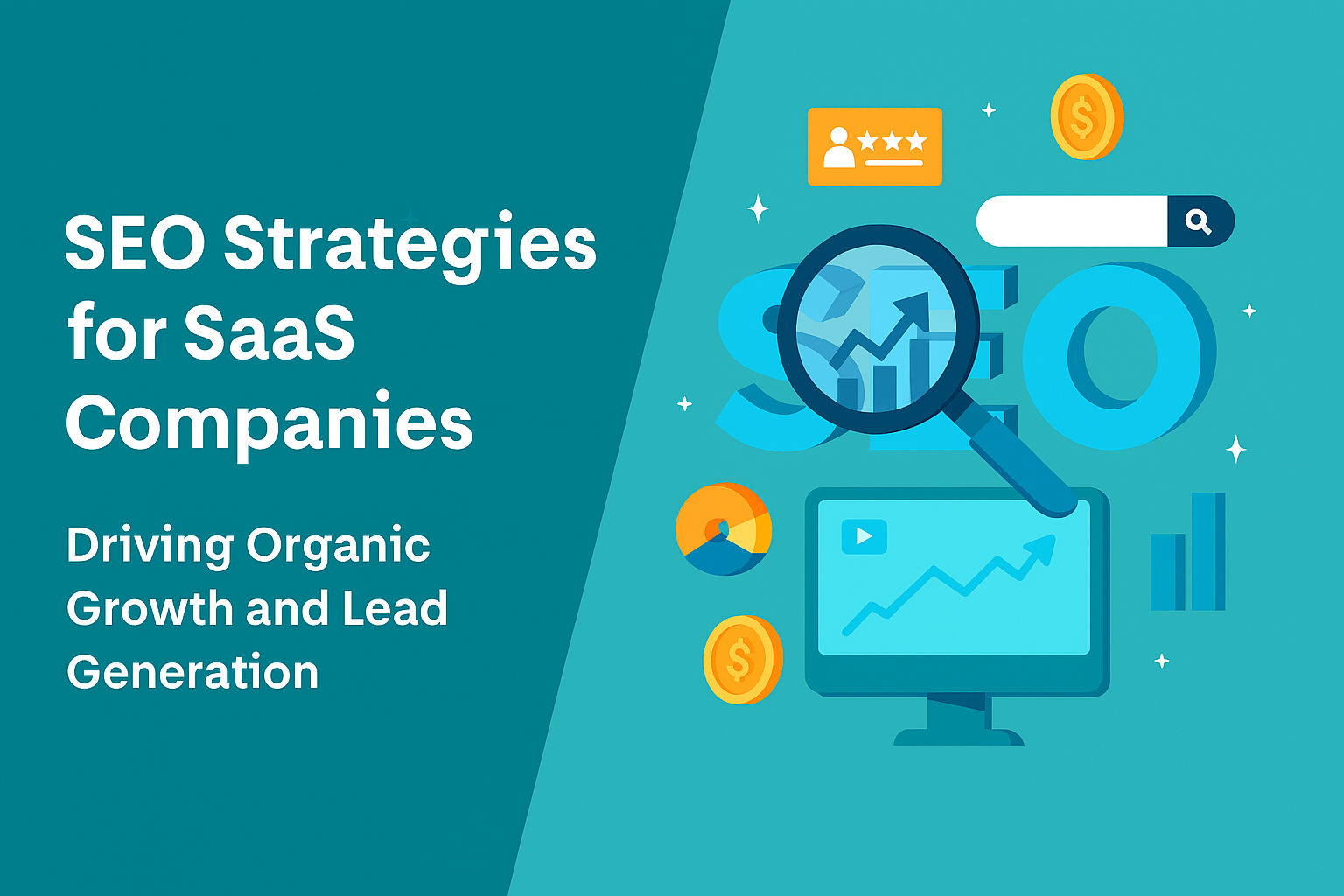For Software as a Service (SaaS) companies, organic search is often the most sustainable and cost-effective channel for acquiring new customers and driving long-term growth. This comprehensive blog post is dedicated to outlining advanced SEO strategies specifically tailored to the unique challenges and opportunities within the SaaS industry. We’ll begin by emphasizing the importance of understanding the SaaS customer journey, which typically involves awareness, consideration, and decision phases, and how SEO can be strategically deployed at each stage. The article will then dive into in-depth keyword research techniques, moving beyond generic terms to focus on long-tail, problem-solution, and intent-based keywords that attract users actively seeking software solutions. This includes targeting keywords related to specific features, integrations, use cases, and competitor comparisons. A significant portion of the post will be dedicated to content strategy, detailing how SaaS companies can create high-value content that educates, informs, and converts. This encompasses creating comprehensive guides, tutorials, case studies, comparison articles, and thought leadership pieces that establish authority and address pain points. We’ll explore the concept of ‘product-led SEO,’ where product features and functionalities are leveraged to create SEO-friendly content that naturally attracts users. Technical SEO considerations are paramount for SaaS, and the article will cover optimizing site architecture for scalability, managing dynamic URLs, ensuring fast page load times, implementing structured data for rich snippets, and handling international SEO for global SaaS products. Link building strategies will also be discussed, focusing on acquiring high-quality backlinks from relevant industry publications, review sites, and integration partners, emphasizing white-hat techniques that build domain authority. Furthermore, the blog will address the critical role of user experience (UX) in SaaS SEO, including mobile-friendliness, intuitive navigation, and clear calls-to-action, all of which contribute to better rankings and lower bounce rates. We’ll also touch upon the importance of local SEO for SaaS companies with physical offices or those targeting specific geographic markets. Finally, the article will provide guidance on measuring SEO performance for SaaS, focusing on key metrics beyond rankings, such as organic traffic to trial sign-ups, demo requests, and customer acquisition cost (CAC) from organic channels. By implementing these tailored SEO strategies, SaaS companies can build a robust organic presence that consistently generates qualified leads and fuels sustainable business growth.

